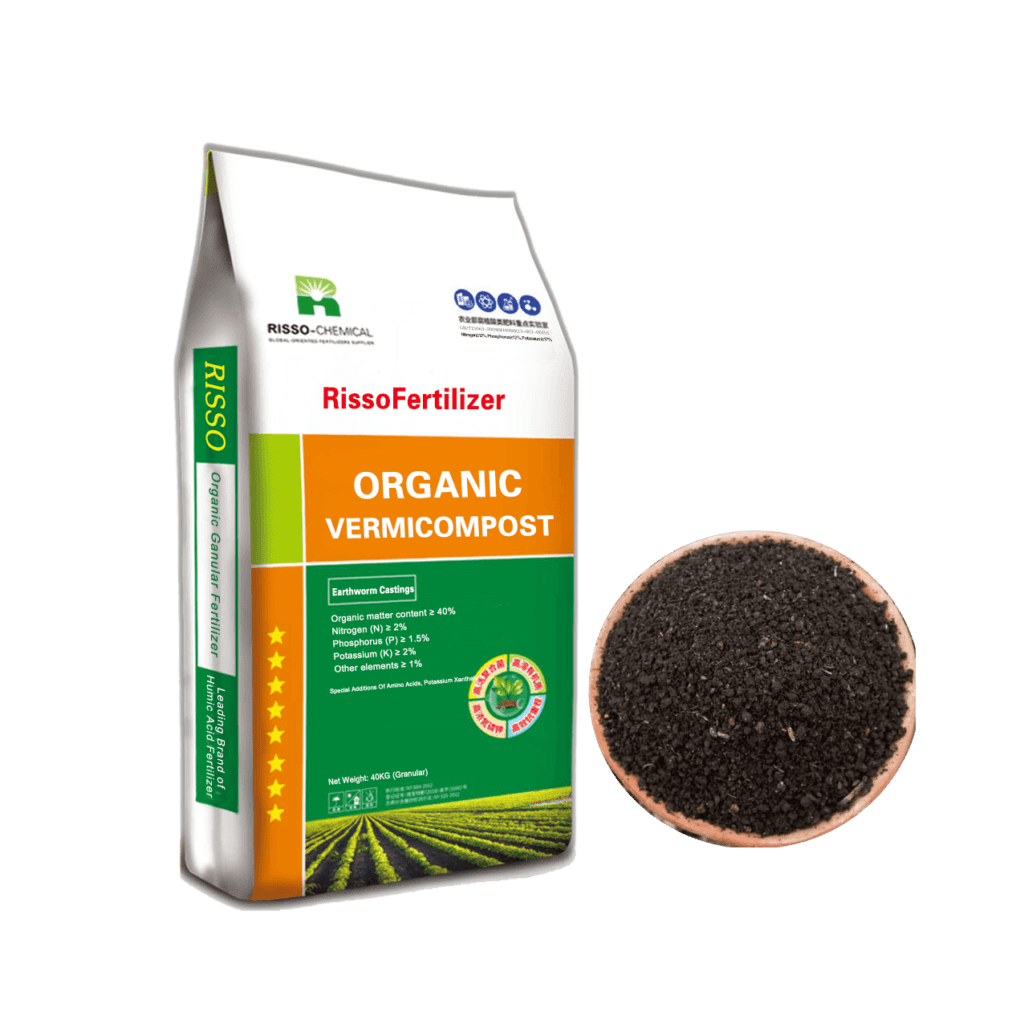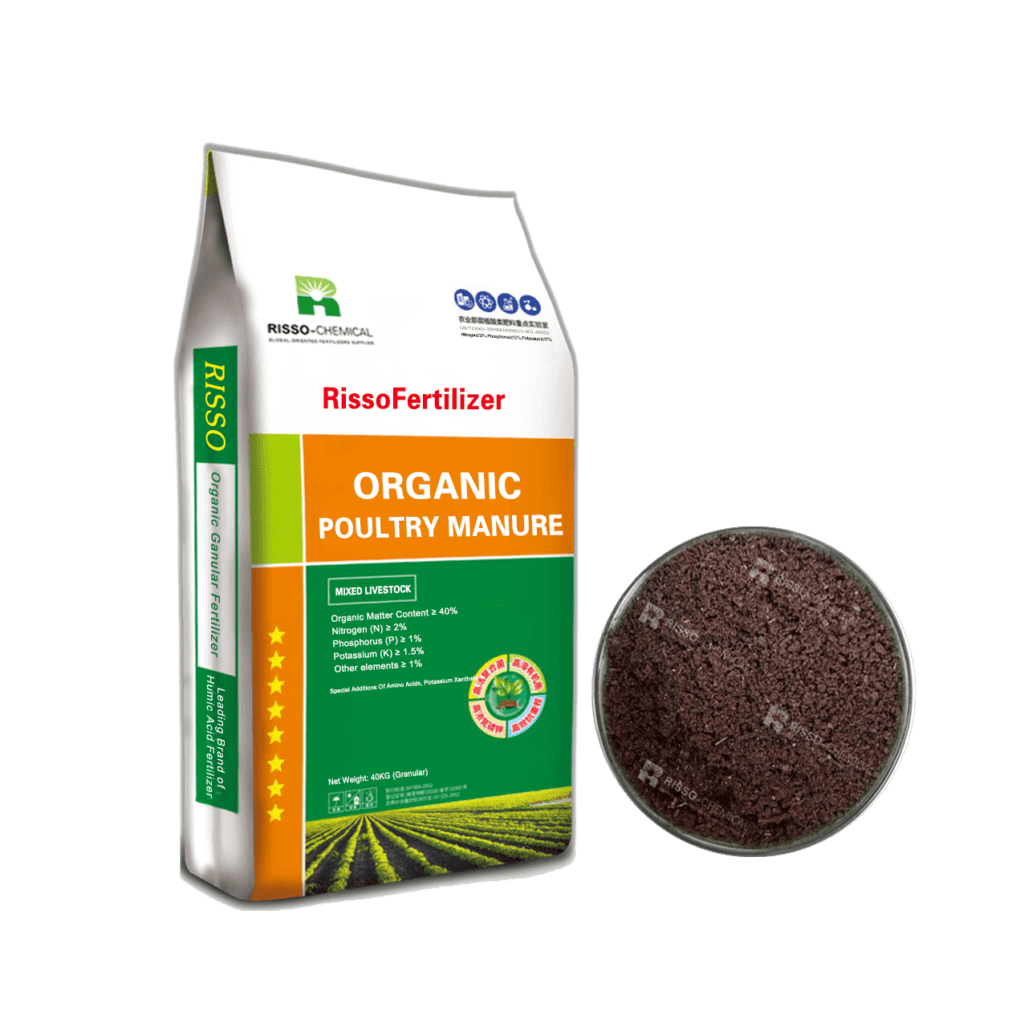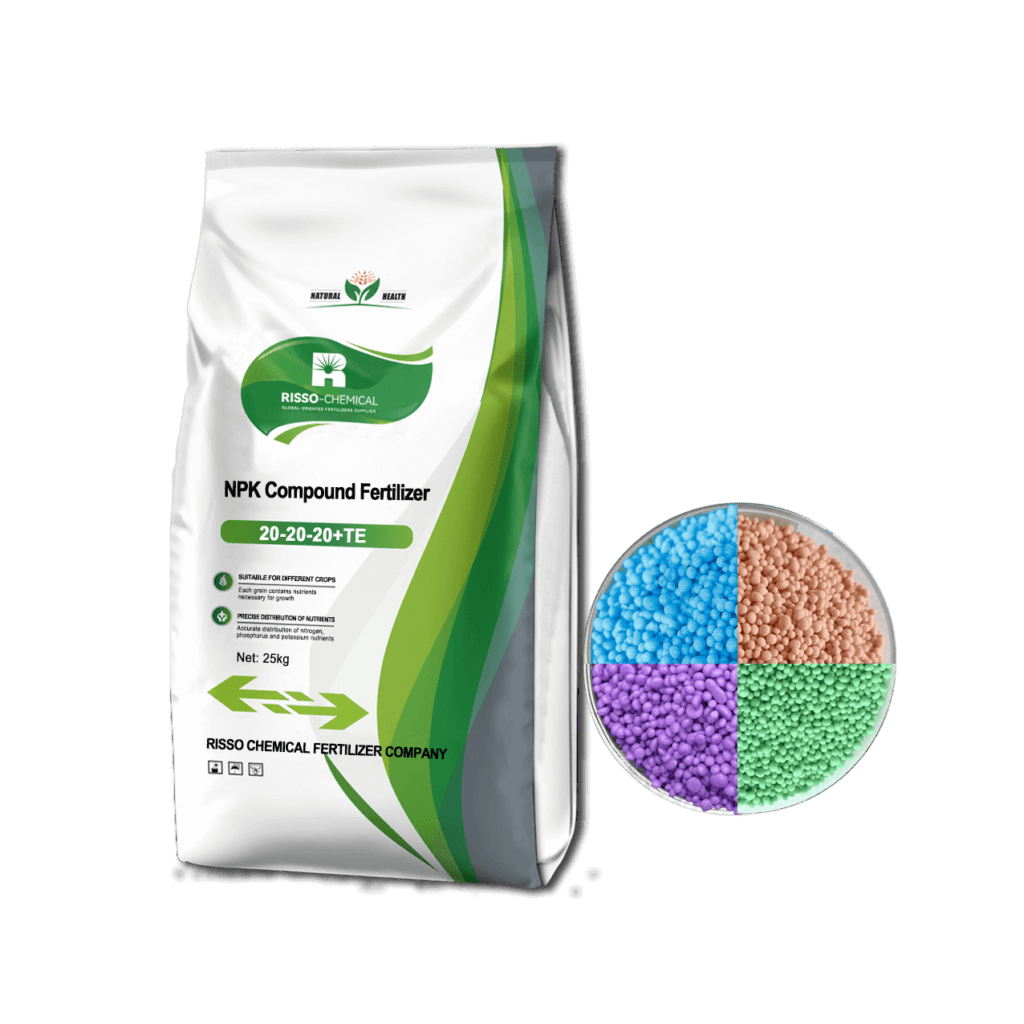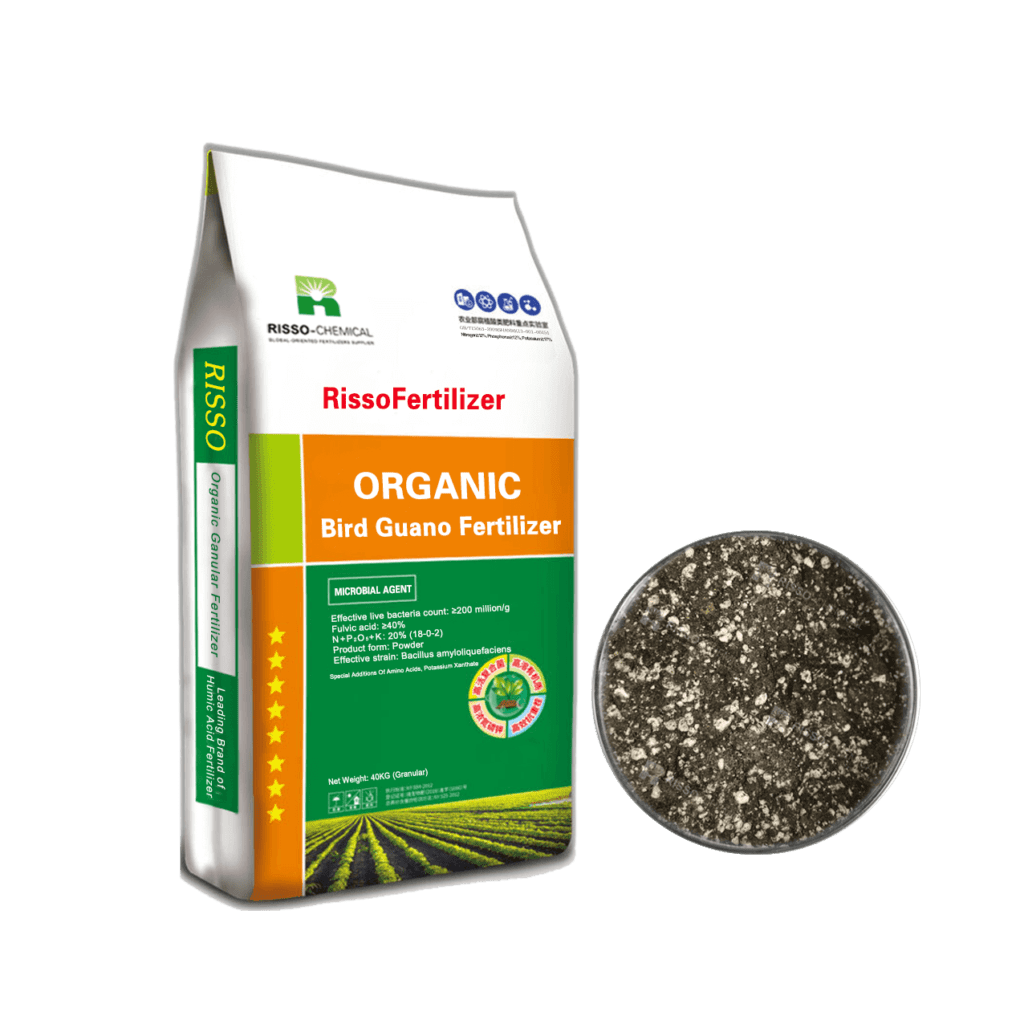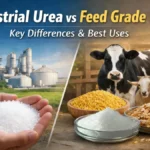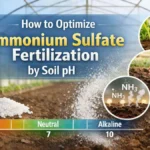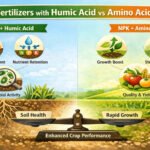Let more growers get greater benefits
Is NPK a Chemical Fertilizer?
- Industry News
- January 18, 2017
- 10:03 am
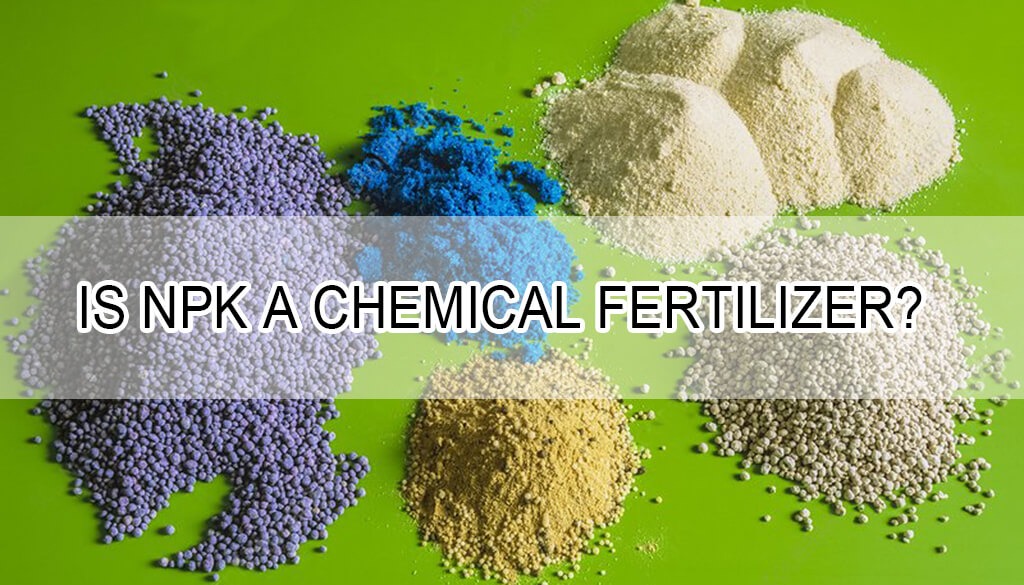

In agriculture and gardening, the term “NPK” frequently comes up, often associated with fertilizers that are essential for plant growth. But what exactly is NPK, and is it considered a chemical fertilizer? In this blog, we will break down what NPK fertilizers are, explore whether they are chemical in nature, and discuss how they impact modern agricultural practices.
List of Contents
What is NPK?
NPK stands for Nitrogen (N), Phosphorus (P), and Potassium (K)—three of the most vital nutrients required for healthy plant growth. These elements are often found in fertilizers, either in organic or chemical forms, to ensure that plants receive the proper balance of nutrients.
- Nitrogen (N): Essential for leaf and stem growth, nitrogen is responsible for the lush green color in plants, promoting photosynthesis and protein formation.
- Phosphorus (P): Crucial for root development, flowering, and fruiting, phosphorus helps in energy transfer within the plant.
- Potassium (K): Supports overall plant health, enhancing resistance to disease, stress, and improving water retention and nutrient transport.
Together, these nutrients form the backbone of many fertilizers used in agriculture, gardening, and landscaping.
Is NPK a Chemical Fertilizer?
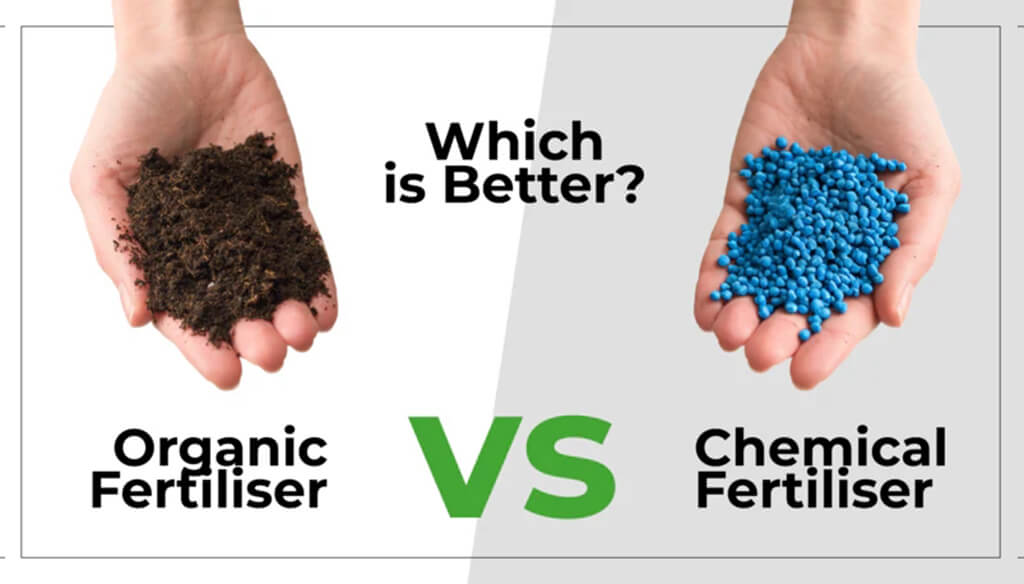

Yes, NPK fertilizers can be chemical fertilizers, though they may also be found in organic forms. Chemical NPK fertilizers are synthetically produced, combining nitrogen, phosphorus, and potassium compounds that are readily available for plant uptake. These fertilizers are typically more concentrated and offer precise control over nutrient ratios, making them widely used in large-scale farming and commercial agriculture.
How Are Chemical NPK Fertilizers Made?
Chemical NPK fertilizers are created through industrial processes that extract or synthesize nitrogen, phosphorus, and potassium:
- Nitrogen is usually derived from ammonia, which is produced through the Haber-Bosch process—a chemical reaction that combines nitrogen from the air with hydrogen, typically from natural gas, under high pressure and temperature.
- Phosphorus is mined from phosphate rock and then treated with sulfuric acid to create phosphoric acid or other phosphate compounds that are easily absorbed by plants.
- Potassium is extracted from natural salts known as potash, which are mined and refined to remove impurities before being added to fertilizers.
The resulting NPK formulations are highly efficient, allowing farmers and gardeners to deliver the exact nutrients their plants need.
Chemical vs. Organic NPK Fertilizers


While NPK fertilizers can be chemical, they also come in organic forms. Organic NPK fertilizers are made from natural materials like compost, manure, bone meal, and other plant or animal-based products. These organic sources slowly release nutrients into the soil, promoting long-term soil health and sustainability.
However, Organic NPK fertilizers tend to be less concentrated than their chemical counterparts and may not provide nutrients as quickly, which can be a drawback for high-yield commercial farming.
Chemical NPK Fertilizers, on the other hand, offer fast-acting results and precise control over nutrient content. This makes them an excellent choice for farmers looking to meet the immediate needs of crops, especially in intensive agricultural settings where consistency and speed are essential. However, excessive use of chemical fertilizers can lead to environmental concerns such as soil degradation, water pollution, and nutrient runoff.
Benefits of Chemical NPK Fertilizers
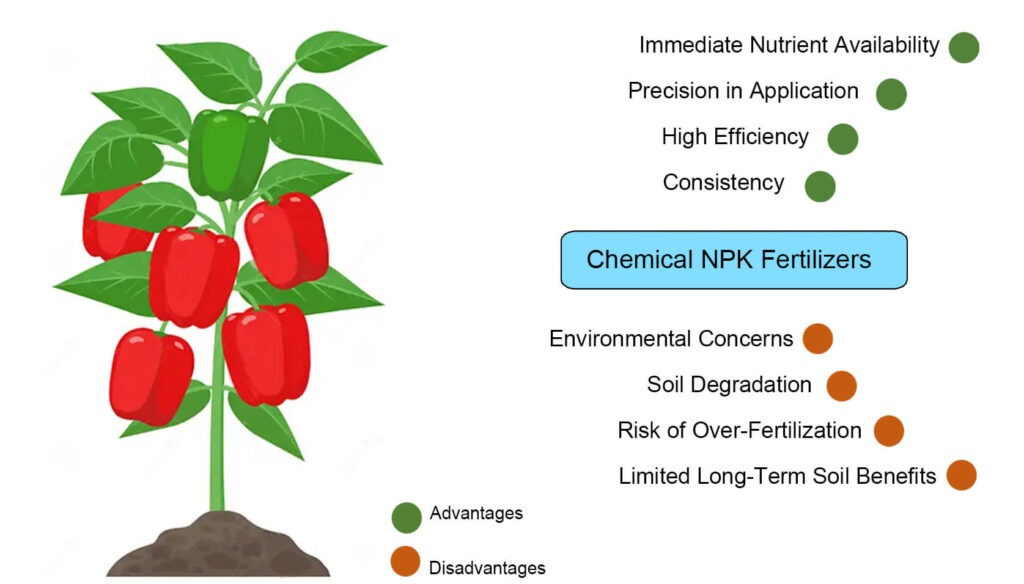

Chemical NPK fertilizers have revolutionized modern agriculture due to several key advantages:
Immediate Nutrient Availability: Unlike organic fertilizers, which need time to break down, chemical NPK fertilizers provide nutrients in a form that plants can absorb immediately, ensuring fast and effective growth.
Precision in Application: Chemical fertilizers allow precise control over nutrient ratios, enabling farmers to tailor fertilizers to the specific needs of their crops.
High Efficiency: Because chemical fertilizers are concentrated, smaller amounts are needed to deliver the required nutrients, which can be more cost-effective for large-scale operations.
Consistency: Chemical fertilizers offer uniform nutrient distribution, which is especially important for industrial farming where consistent results are critical.
Considerations When Using Chemical NPK Fertilizers
While chemical NPK fertilizers are incredibly useful, it’s essential to use them responsibly:
Environmental Impact: Overuse of chemical fertilizers can lead to nutrient runoff into waterways, causing algae blooms and water contamination.
Soil Health: Long-term reliance on chemical fertilizers may reduce the natural fertility of the soil, as it may not replenish organic matter or support beneficial soil microorganisms.
Proper Dosage: It’s important to apply the correct amount of NPK fertilizer based on soil tests and plant needs to avoid over-fertilization, which can harm plants and the surrounding environment.
Conclusion
Yes, NPK fertilizers are often chemical fertilizers, especially when synthetically produced for agricultural efficiency. These fertilizers provide essential nutrients in concentrated forms, offering immediate and precise plant nutrition, making them invaluable in modern farming. However, responsible use is crucial to minimizing environmental impacts and maintaining long-term soil health.
At the end of the day, the choice between chemical and Organic NPK fertilizers depends on your specific goals, whether you prioritize rapid growth and high yields or long-term sustainability and soil health.
Fertilizer Related Products
If you want to know other questions about Chemical Fertilizer or NPK fertilizers , please contact us and we will provide professional answers.
- Article
What will you get when touch?
✔ Quick & helpful reply within 6 hours.
✔ Tailored solutions for your project.
✔ One-stop product, tech, market
TRENDING
Want to find a China fertilizer manufacturer?
Risso will be your best choice; send us your request for your fertilizer details requirement
TAIAN RISSO CHEMICAL FERTILIZER CO.,LTD.
- Address: High-tech Development Zone, Taian City, Shandong Province
© Copyright 2017 RISSO CHEMICAL. All Rights Reserved.



